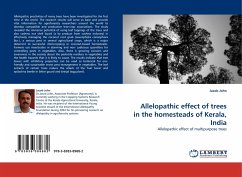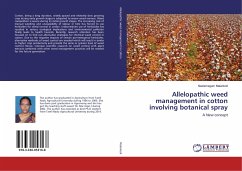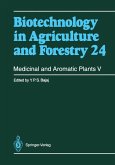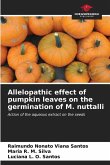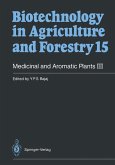Georgia's vineyards are a vital part of its cultural heritage, but their future depends on sustainable disease management. As synthetic pesticides raise environmental concerns, exploring alternative methods is crucial. This study investigates the allelopathic potential of aromatic plants-Lavender, Hyssop, Basil, and Saffron-sown in vineyards across different soil-climatic zones. Research conducted in Mtskheta-Mtianeti (Jighaura) and Kakheti (Kakabeti) identified grapevine diseases, assessed their prevalence, and analyzed the impact of companion plants on disease pathogens. Field and laboratory studies evaluated their effects on vine growth, disease spread, and overall yield. By integrating aromatic plants into vineyard management, this study highlights a sustainable approach to protecting grapevines while maintaining high-quality harvests. The findings contribute to biological, agricultural, and economic efficiency, offering a viable alternative to chemical-based disease control.
Bitte wählen Sie Ihr Anliegen aus.
Rechnungen
Retourenschein anfordern
Bestellstatus
Storno



